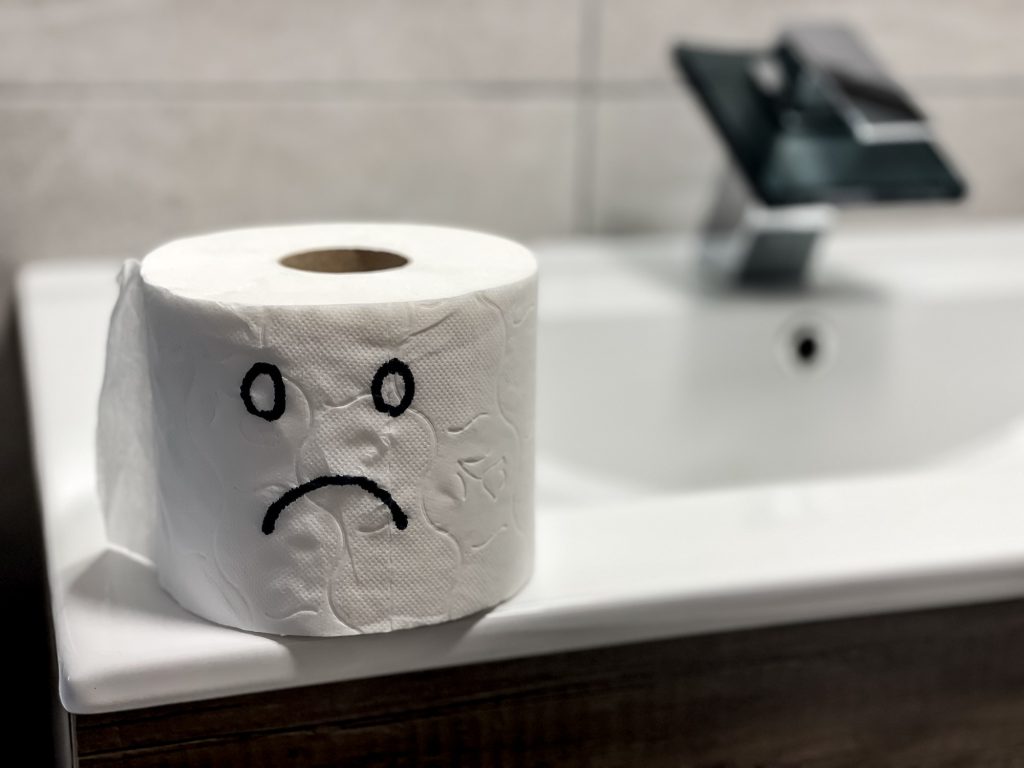Causes and Risk Factors of Anal Fissure
Anal fissures can arise for different reasons, but the most common risk factors include:
- Chronic constipation or diarrhea, which can irritate the area and cause injuries.
- Excessive straining during bowel movements, due to passing very hard stools.
- Low-fiber diets, which make intestinal transit difficult and cause excessive straining.
- Inflammatory bowel diseases, such as Crohn’s disease or ulcerative colitis.
- Anal trauma from the use of enemas, medical examinations, or anal sex.
- Pregnancy and childbirth, due to pressure on the pelvic floor and hormonal changes.
- Poor hygiene, excessive use of toilet paper can irritate the area and worsen the injury.
Identifying the underlying cause is key to applying the right treatment and preventing the recurrence of the anal fissure.
Advanced Treatments for Anal Fissure in Moncloa-Aravaca
At Centro Pad, we offer the most innovative and effective techniques to definitively treat anal fissures, avoiding aggressive procedures and long recovery times.

The minimally invasive treatments we offer include:
- Lateral internal sphincterotomy: Relaxes the anal sphincter, promoting healing and reducing chronic pain.
- Botulinum toxin (Botox): Injected into the sphincter to reduce spasms and relieve pain, preventing the wound from staying closed.
- Pharmacological treatment: Use of ointments with nitroglycerin or diltiazem to improve blood flow and speed up healing by reducing pressure in the affected area.
When is surgery necessary for an anal fissure?
If the anal fissure does not heal with conservative treatments within 6 to 8 weeks, it may be considered chronic and require surgical intervention. Some warning signs that indicate the need for surgery include:
- Severe and persistent pain that does not improve with medication.
- Recurrent fissures that heal and reappear constantly.
- Infections or abscesses in the anal area, which may cause increased inflammation.
- Difficulty with bowel movements due to pain and muscle spasms.
When performed using minimally invasive techniques, surgery has high success rates and minimal recovery time.



